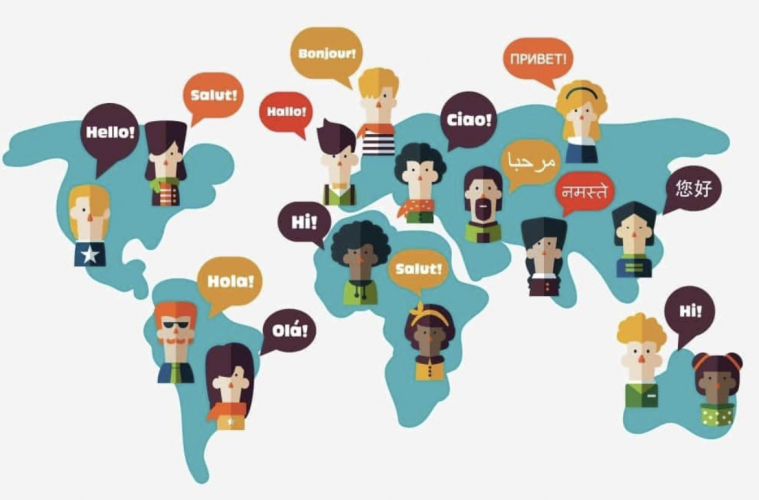Have you decided to enter a university in Spain, travel all over America with your friends, or spend the summer in Hawaii? For such a thorough trip, it would be nice to improve your language level so that it is easier to communicate with local people and, in principle, be in another country.
Learning a language in a classroom at first seems too complicated. A huge number of words, grammatical constructions terrify you and make you think you can never comprehend this complex science – linguistics.
Do not worry! It is not only you who experience it. Every second student will never be able to master even half of the information. Learning a language is far from as simple as making a cup of coffee, but it is not impossible at all.
Today we have prepared for you 4 simple techniques for quick language learning. These techniques don’t guarantee quick language learning if you do nothing at all. They will be effective only if you make efforts. Let’s start
All You Need: Just Speak
Modern technology has deprived us of the most important thing in this life – communication. Now you can find out everything on your phone simply by pressing a button. Under this boom of technology, many interactive programs for learning the language have appeared. Do you think you will go far in learning a language without using it?
We don’t want to discard the Internet as an option for training completely. Without a doubt, this is an excellent resource for learning new words and expressions. But while you learn the language only on the net, you will not go far. You need native speakers!
At first, it can be difficult and unusual, but everything is once done for the first time. Try to find carriers in your city, among participants in online courses or social networks.
If you want to completely plunge into the environment in order not to be tempted to switch to your native and favourite language, go to courses abroad! In any case, it will be much more effective than any activity in your city. They created a language to speak it. So use it for its intended purpose!
Use New Words and Expressions
Many students, or maybe you will see yourself in them, carefully enter new words into the dictionary, but for some reason, they never use them again.
Writing new words is a good habit, but not enough. The next time you hear a new word, do not just add it to your dictionary, but try using it! You can write down not just a word, but come up with various sentences with its use. Say it while you write, so that auditory memory works, look in the dictionary for its various variations: noun, verb, etc.
This technique will help you increase not only your vocabulary but also diversify your speech.
If you feel that you cannot master your essays, all you need is the help of a ghost writer. On the credible online website, you may find a hub of essay writers that can make your paper significant!
Ask Questions From Your Teachers
Do not be shy, quiet, carefully recording every word of the teacher, but not understanding half. Teachers love to be asked questions! Not sure what to ask?
Write a list of questions on the last sheet in your notebook and start asking them during the lesson. A correctly asked question will simplify perceiving information. So it all depends on you!
Examples that you can use: “What is the form of the noun/verb/adjective of this word?” “Is this word used only in the plural or in the singular?” “What are the synonyms/antonyms for this word that can be used?” or (if the language you are studying is spoken in several countries) “Does this word have the same meaning in Chile \ Honduras \ Spain?”
If you learn the language yourself, you can always write a question on the forum, google it, or ask your foreign friend.
Start With the Most Important Thing: Learn the Basics of a Conversation
Imagine that you just landed in Madrid to start a semester of language learning. Are you ready to chat with real Spaniards? Think about what topic you can start a conversation with. I can argue about anything; you will not immediately begin to speak on deep philosophical topics and argue about art.
Before you travel to another country, think about situations in which you may find yourself. Write down the new expressions and don’t be afraid, just enjoy the unfamiliar world of another culture!

